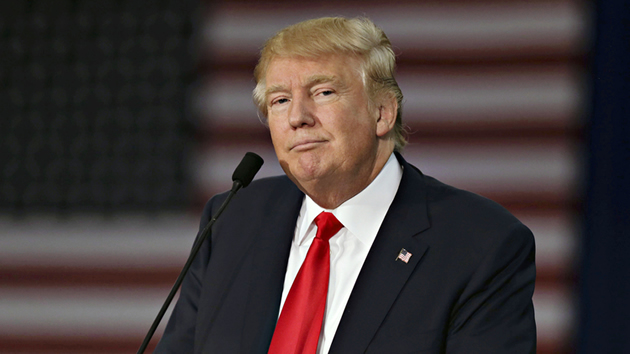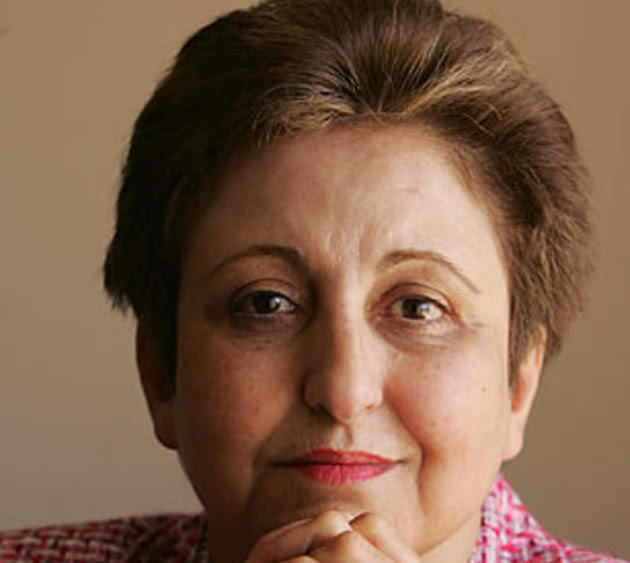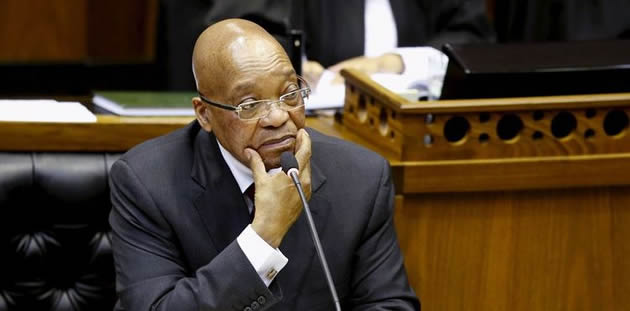Trump nuke comments shock US allies

SEOUL/SYDNEY. — Confused, shocked, bewildered. Just a few of the words used in recent days to describe Japan and South Korea’s reaction to some of Donald Trump’s latest comments about the region.
The front-runner for the Republican presidential nomination stunned two of America’s strongest allies with the suggestion that the US military would be withdrawn from their shores, with nuclear weapons replacing them.
There are currently 54 000 US troops stationed in Japan and 28 500 in South Korea.
“Japan is better if it protects itself against this maniac of North Korea,” Trump told CNN’s Anderson Cooper on Tuesday.
“We are better off frankly if South Korea is going to start protecting itself . . . they have to protect themselves or they have to pay us.”
So high was the level of concern, Japan’s Prime Minister Shinzo Abe felt the need to respond publicly, saying, “whoever will become the next president of the United States, the Japan-US alliance is the cornerstone of Japan’s diplomacy.”
Japan remains the only country to have had nuclear weapons used against it and has had a non-nuclear policy and pacifist constitution since the end of World War II.
Foreign Minister Fumio Kishida added, “It is impossible that Japan will arm itself with nuclear weapons.” South Korea has a small minority who think Trump may have a point and welcome the idea of nuclear weapons.
Academic Cheong Seong-Chang from the non-profit think-tank the Sejong Institute said, “If we have nuclear weapons, we’ll be in a much better position to deal with North Korea.”
Government reaction has been more focused on Trump’s assertion that South Korea is not paying its way.
Trump told CNN’s Wolf Blitzer earlier this year, “South Korea is a money machine, but they pay us peanuts . . . South Korea should pay us very substantially for protecting them.”
Howls of inaccuracy came from the South Korean foreign ministry, the US ambassador to South Korea and even the White House.
Ambassador Mark Lippert said Seoul pays for 55 percent of all non-personnel costs. And former US Ambassador to South Korea Christopher Hill was more succinct. He told CNN, “I don’t know what he’s talking about, but clearly neither does he.” Newspaper editorials and experts alike have taken aim at Trump’s comments about introducing more nuclear weapons to the Korean peninsula to counter the North Korean threat.
Daniel Pinkston of Troy University said it would play into North Korea’s hands.
“The hardliners in Pyongyang would just love such an outcome because if that were to occur, it would completely justify their nuclear status . . . and validate Kim Jong Un’s policy line as absolutely brilliant and absolutely correct,” he said.
Reflecting a growing concern, Pinkston added, “Whether he wins the Republican nomination or not, or whether he is elected president or not, even at this stage, he is already doing damage to the US reputation internationally. And damaging US security interests.”
Australia’s former ambassador to the United States has said the nation’s recently released defence strategy paper would need to be re-written to reflect more on self-reliance should US Trump be elected the next US president.
Former ambassador to the US Kim Beazley wrote in an opinion editorial that should Trump win the US presidency, Australia could no longer rely on the US forward policy, local media reported yesterday.
Meanwhile, North Korea will pursue its nuclear and ballistic missile programme in defiance of the United States and its allies, a top Pyongyang envoy told Reuters yesterday, saying there is now a state of “semi-war” on the divided peninsula.
So Se Pyong, North Korea’s ambassador to the United Nations in Geneva, denounced huge joint US-South Korean military exercises taking place which he said were aimed at “decapitation of the supreme leadership of the DPRK”.
North Korea conducted a fourth nuclear test in January and launched a long-range rocket in February. The South Korean military said that North Korea had fired a missile into the sea off its east coast.
President Obama joined South Korean president Park Geun-hye and Japanese Prime Minister Shinzo Abe in vowing to ramp up pressure on North Korea in response to its nuclear tests. — CNN/Xinhua/Reuters.








Comments